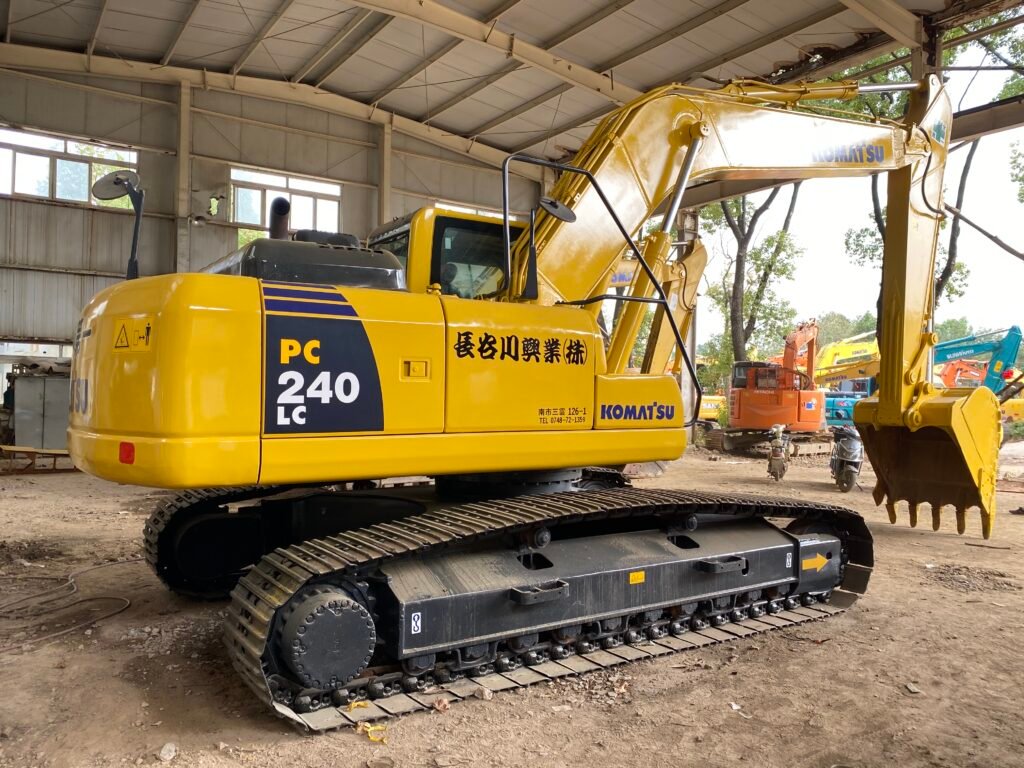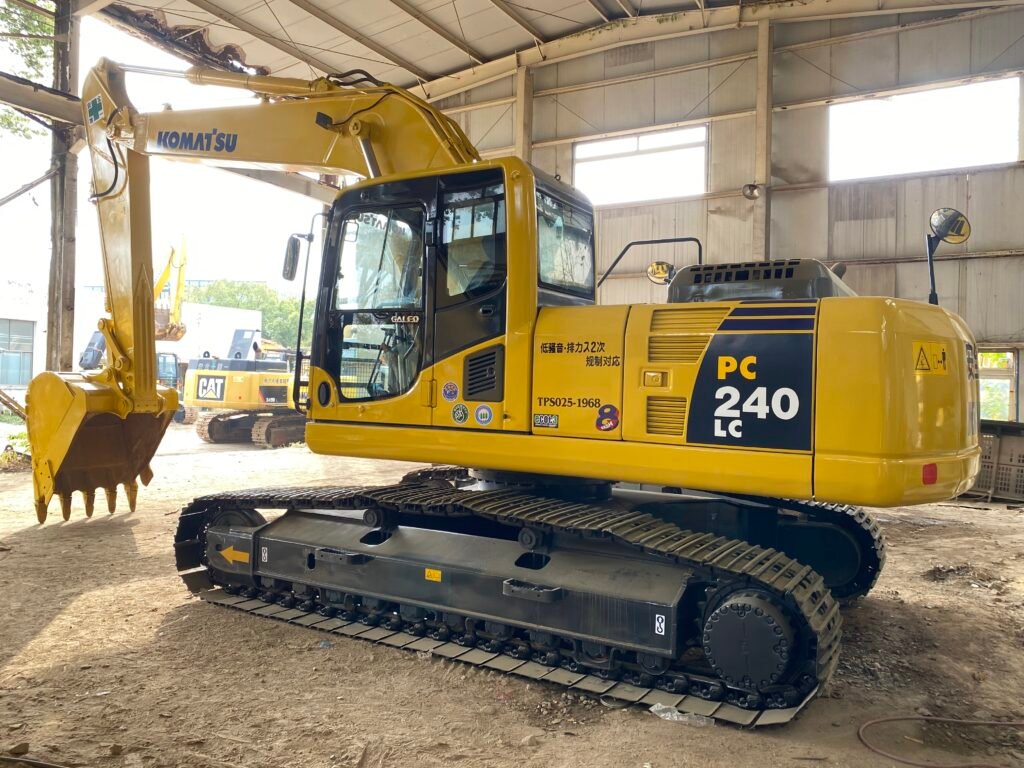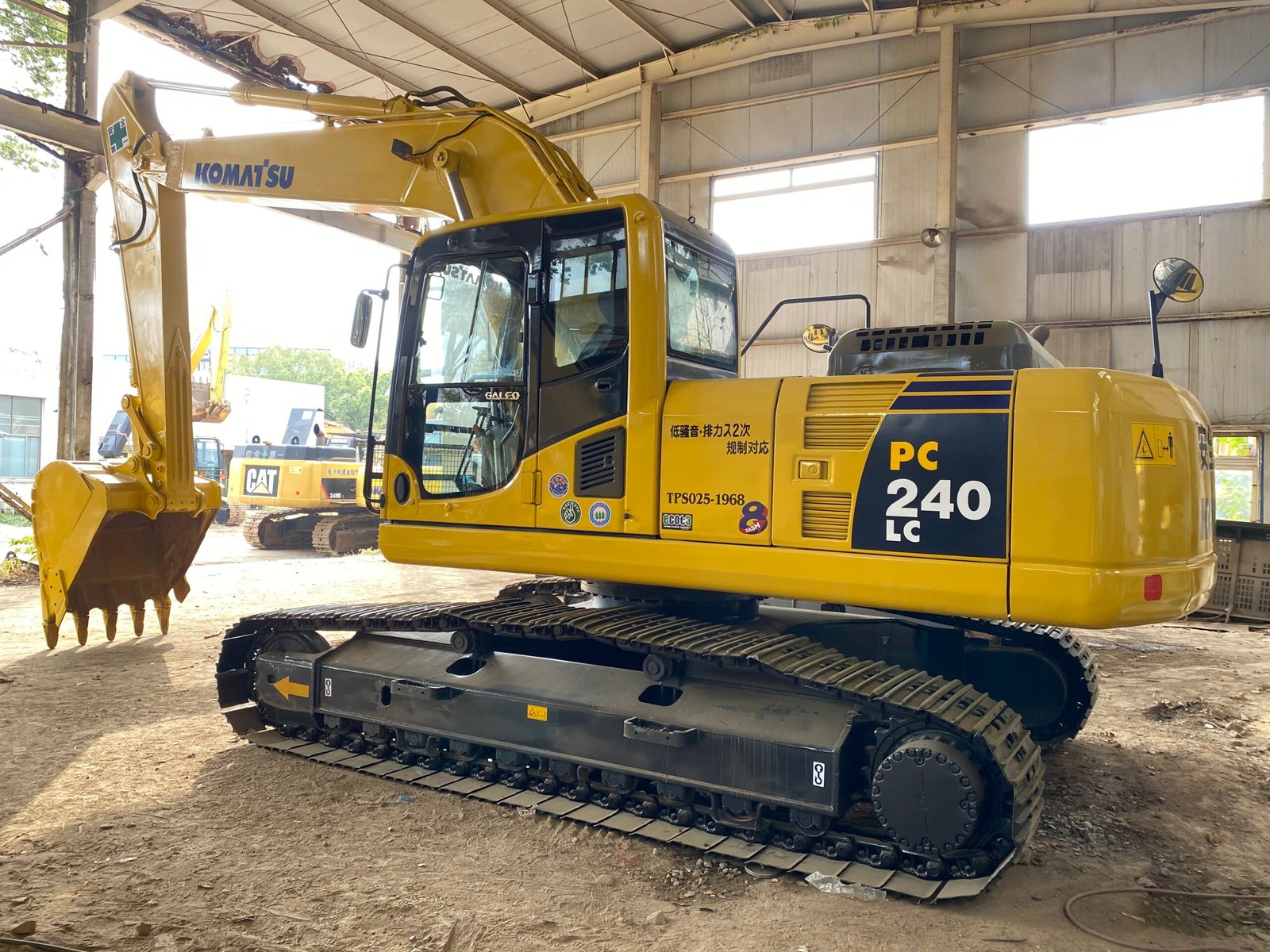I. Introduction
- Background
- With the increasing infrastructure development and mining activities, used excavators are widely utilized in the market. Due to their high cost-effectiveness, more businesses are opting to purchase used excavators. However, the long-term use and maintenance of these machines are crucial for ensuring their performance and extending their lifespan. Proper maintenance not only provides a cost advantage but also effectively improves work efficiency.
- Purpose
- This article aims to outline the key maintenance points for extending the lifespan of used excavators, providing users with practical maintenance advice. By understanding and implementing these maintenance measures, users can maximize the value of their equipment while reducing operational costs.
II. Importance of Regular Maintenance
- Reducing Failure Rates
- Regular maintenance allows for the timely identification and resolution of potential issues, thereby reducing the frequency of equipment failures. For instance, routine checks of the hydraulic system can prevent failures caused by fluid contamination, thus prolonging operational uptime.
- Improving Work Efficiency
- Well-maintained equipment operates more effectively, leading to increased work efficiency. When equipment runs at its best, it can handle more workload and minimize downtime caused by failures, which is crucial for enhancing overall productivity.
- Saving on Repair Costs
- Preventive maintenance can reduce the need for major repairs and component replacements, thus saving on repair expenses. By performing regular inspections and maintenance, users can avoid the high costs associated with neglecting minor issues, resulting in significant long-term savings.

III. Key Maintenance Points
A. Engine Maintenance
- Regular Oil and Filter Changes
- Ensure proper lubrication of the engine to prevent wear. It is recommended to change the oil and filters after a certain number of operating hours or time to maintain optimal engine performance.
- Cooling System Checks
- Regularly check the coolant levels to ensure the engine does not overheat. Overheating can lead to engine damage, making it vital to maintain the cooling system’s proper operation.
B. Hydraulic System Maintenance
- Hydraulic Oil Inspection
- Ensure that the hydraulic oil is clean and replace it regularly. Contaminated hydraulic fluid can negatively affect equipment performance, so it is important to check the fluid’s cleanliness periodically.
- Inspect Hydraulic Hoses and Fittings
- Check for leaks to ensure the system operates normally. Leaks can reduce the efficiency of the hydraulic system, and regular inspections can help identify and resolve issues promptly.
C. Electrical System Maintenance
- Battery Condition Checks
- Ensure that the battery is adequately charged and connections are secure. The reliability of the battery is crucial for the normal starting and operation of the equipment.
- Electrical Wiring Inspection
- Regularly check for wear and aging of electrical wiring. Aging wires can lead to electrical failures, and timely replacement of damaged components can improve equipment reliability.
D. Tire and Track Maintenance
- Tire Inspection
- Regularly check tire pressure and wear levels. Proper tire pressure is essential for equipment stability and safety, and severely worn tires should be replaced promptly.
- Track Maintenance
- Inspect the tension and wear of the tracks to ensure they operate normally. The tracks are a critical component of the excavator, and maintaining their condition can enhance equipment efficiency.
IV. Operational Considerations
- Proper Equipment Operation
- Follow the operation manual and avoid overload and improper usage. Correct operation not only extends equipment lifespan but also ensures operator safety.
- Regular Training for Operators
- Improve the skills and awareness of operators to reduce human-related damage. Regular training can help operators master proper operating techniques, lowering the risk of damage due to improper handling.
V. Conclusion
- Summary
- Through regular maintenance and proper operation, the lifespan of used excavators can be significantly extended. Well-maintained equipment improves work efficiency and reduces repair costs, ultimately providing higher economic benefits for businesses.
- Recommendations
- Companies and users should develop detailed maintenance plans to ensure that equipment remains in optimal condition. Regular assessments of equipment usage and timely maintenance and repairs will help extend the lifespan of the machinery and enhance its overall performance.



